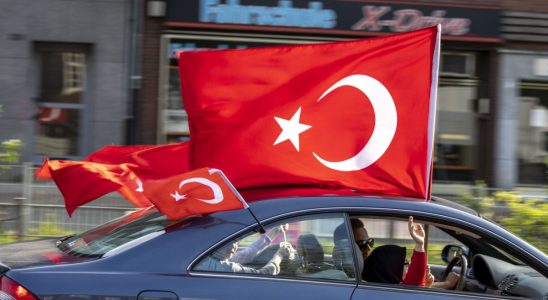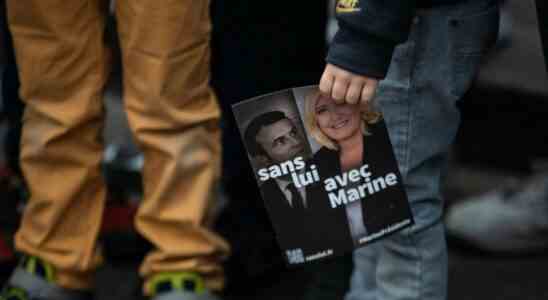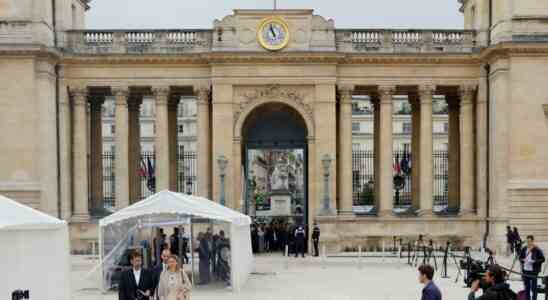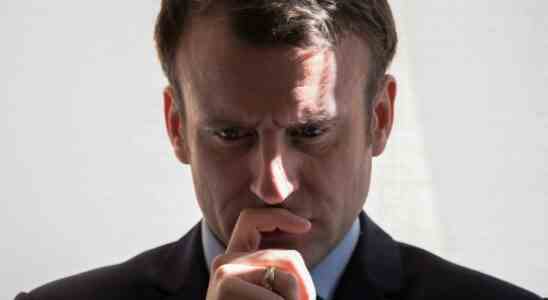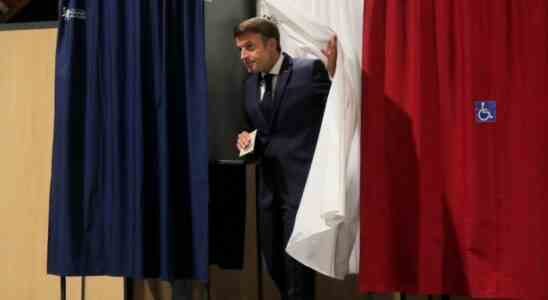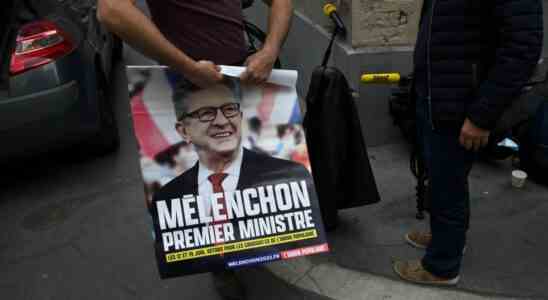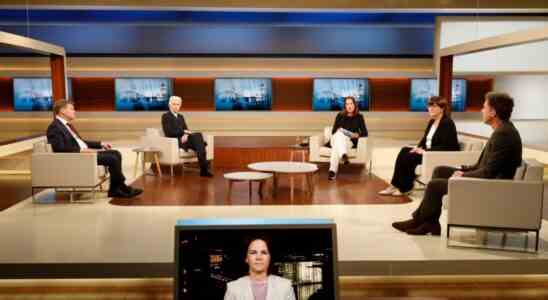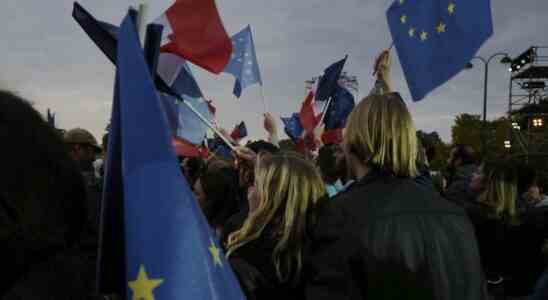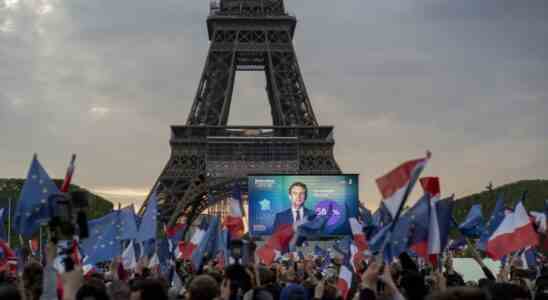Tag: Election in France
A majority of Turks in Germany vote for Erdoğan policies
The majority of Turks living in Germany vote for Erdoğan – and nothing has changed in the second round of the presidential election. The incumbent received almost 67 percent of…
How next? The election in France – Politics
First the orderly part: On the morning after the second round of the parliamentary elections, France’s newly elected MPs came to the Palais Bourbon on the Seine, the seat of…
Parliamentary elections in France: one revolution, please – politics
Earthquake, massacre, nightmare, hell: On Sunday evening, political France was looking for the most vivid terms possible to describe the outcome of the decisive second round of the parliamentary elections.…
Election in France: Macron’s alliance loses absolute majority
The Ensemble party alliance failed to secure an absolute majority in France’s parliamentary elections on Sunday. In Ensemble, the party of President Emmanuel Macron (formerly La République en Marche, today…
Macron misses an absolute majority – politics
In the second round of parliamentary elections in France, President Emmanuel Macron’s camp missed an absolute majority. According to the Inop Institute, Macron’s “Ensemble” alliance only has 210 to 250…
France’s socialists argue about left front against Macron – politics
Following the Greens and the Communists, France’s Socialists are now on the verge of forging an anti-President Emmanuel Macron electoral alliance with La France Insoumise (LFI), Jean-Luc Mélenchon’s far-left party,…
Talk shows: How is vacation planning going with “Anne Will” and Co.? – Media
If you were to create a ranking based on the least original victims of everyday grumbling, television talk shows would probably come in second place after Deutsche Bahn. Too often…
France: Left and Greens unite – Politics
France’s political landscape is changing – once again. A week after the presidential election, a new left-wing alliance emerged. On the night of Monday, the currently largest forces – La…
Is France slipping into the debt crisis? – Business
In any case, Marcel Fratzscher is deeply relaxed. A national debt of almost 115 percent of the gross domestic product in France and planned billions in expenditure despite current global…
Macron’s election victory: “Good news for Europe” – politics
Politicians in Germany, Europe and worldwide reacted with relief to the re-election of Emmanuel Macron as French President. Chancellor Olaf Scholz congratulated the winner via Twitter: “Your voters have also…

